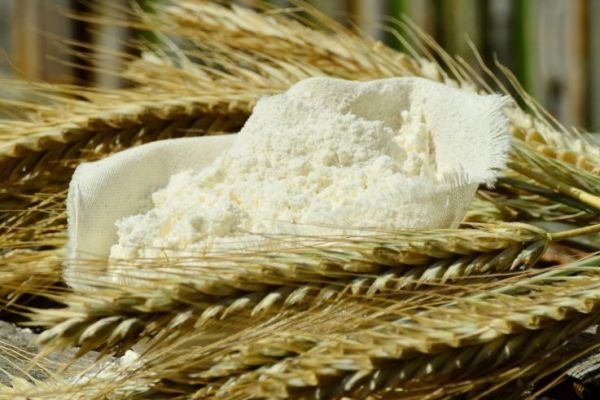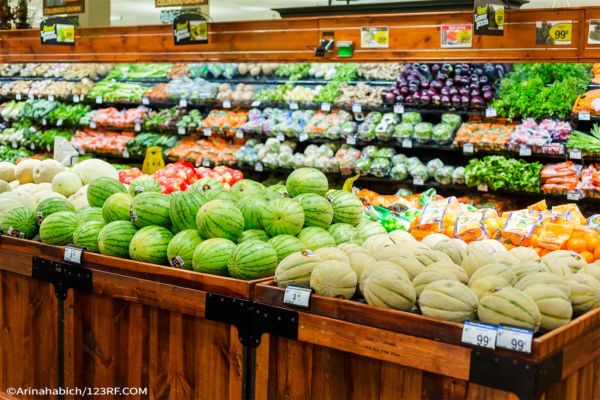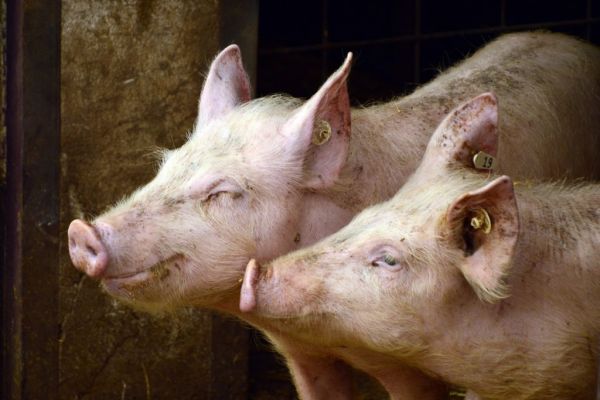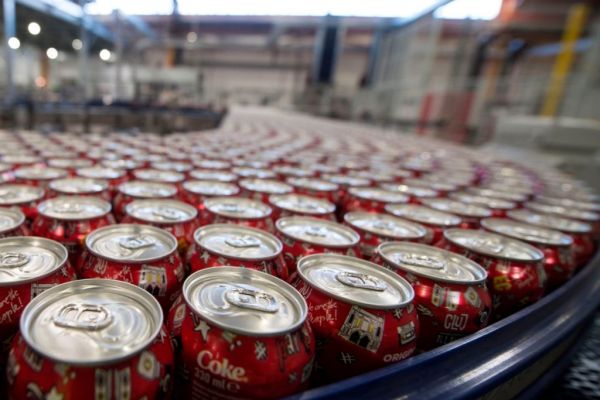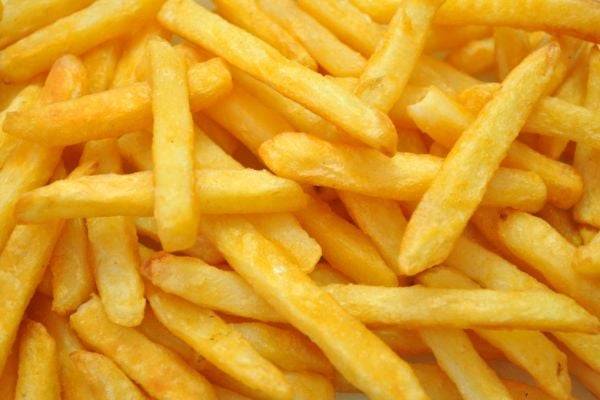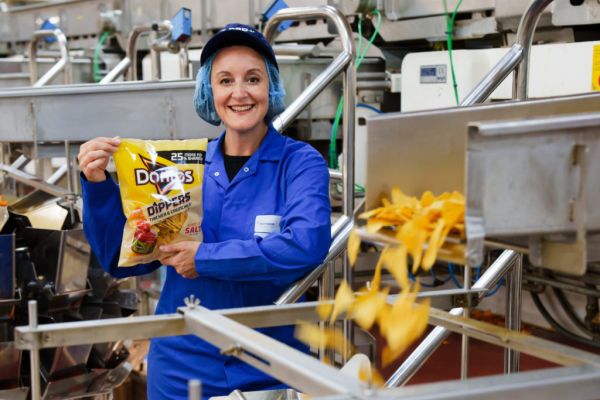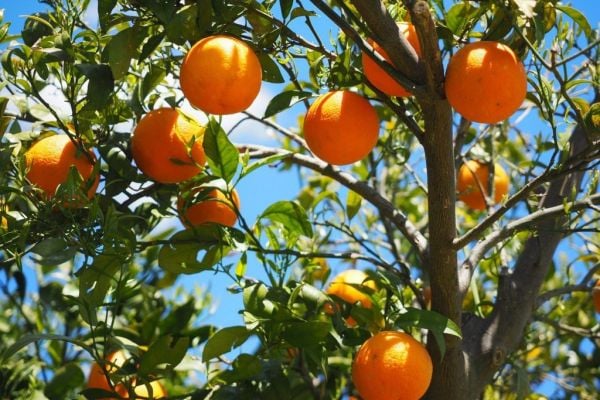Spain's agriculture minister said a unilateral ban by any European Union member state on Ukrainian grain imports seemed illegal, while France said European solidarity was at stake.
Speaking ahead of a planned meeting of the EU's agriculture ministers, Spain's Luis Planas Puchades said "it was up to the European Commission to judge" whether any EU countries had broken any laws.
Poland, Slovakia and Hungary announced their own restrictions on Ukrainian grain imports on Friday (15 September) after the European Commission decided not to extend its ban on imports into Ukraine's five EU eastern European member states.
Ukrainian farmers have relied on grain exports through neighbouring countries via so-called Solidarity Lanes since the Russian invasion began as it has been unable to use the favoured routes through Black Sea ports.
About 60% of Ukraine's grains has been transiting through the EU alternative routes while 40% was still moving through the Black Sea until Moscow backed out of the UN-backed Black Sea grain deal in July.
Romania has become the conduit for more than 60% of Ukrainian grain moved by land and its prime minister said on Monday it may also extend the ban if import requests rise.
European Solidarity
France's agriculture minister Marc Fesneau criticised the moves, saying they called into question European solidarity.
"For solidarity there needs to be unity... We must keep hold of the two elements, otherwise the European project is at risk. The single market is a fundamental element," Fesneau said.
He added that EU ministers were working on a proposal for a nuanced exemption from fallow land rules - rather than an outright suspension - that could help alleviate the strain on farmers.
"We cannot say at the same time that we need areas to produce biomass, to produce energy, to produce biomaterials, to secure our food supplies and remain in a status quo from a CAP (Common Agriculture Policy) that was decided before the war in Ukraine, even partly before COVID," Fesneau said.
